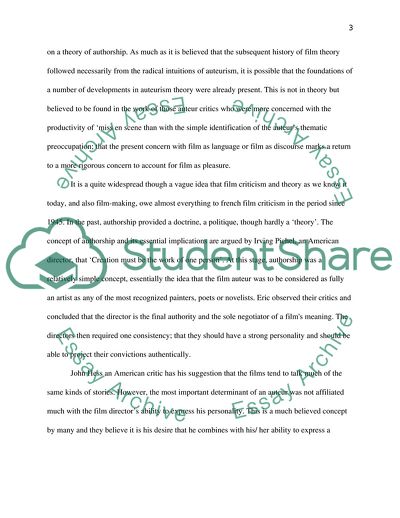Theories of Authorship Essay Example | Topics and Well Written Essays - 2250 words. https://studentshare.org/literature/1850452-die-hard-john-mctiernan-1988
Theories of Authorship Essay Example | Topics and Well Written Essays - 2250 Words. https://studentshare.org/literature/1850452-die-hard-john-mctiernan-1988.


